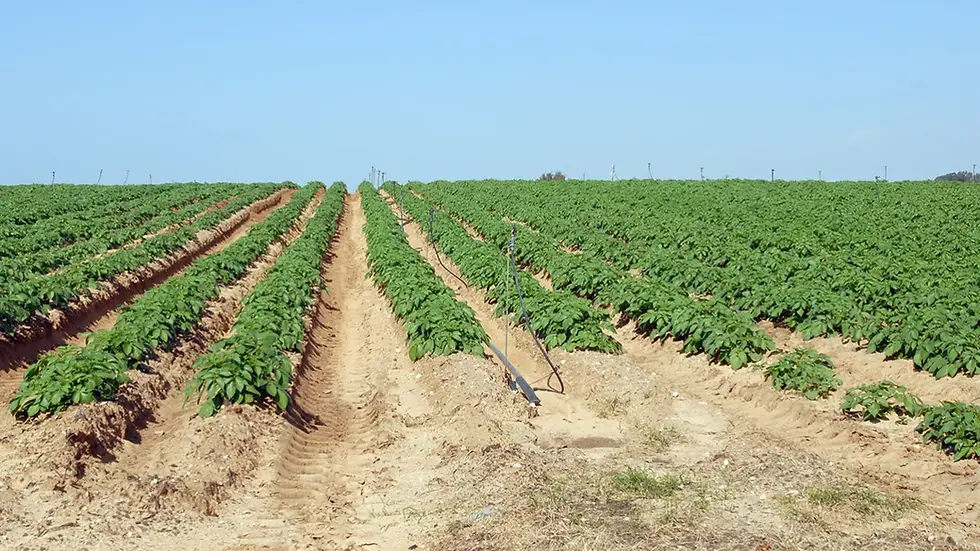Drawing Near When it is Hardest
- Rabbi Amy Eilberg
- Jan 11, 2021
- 3 min read

At this time of social isolation and fragmentation, whom do you need to draw closer to? Vayigash, one of last month’s Torah portions, brings us the dramatic climax of the drama of Joseph and his brothers. In a stirring moment of teshuvah (repentance), Judah pours out his heart to Joseph, expresses empathy for his father’s pain over the (presumed) loss of two of his sons, and offers himself as a prisoner in place of Benjamin. This is what the Rabbis call “complete teshuvah.”
Judah has the opportunity to make the same bad choice he and his brothers had made before, when they left Joseph for dead — the ultimate expression of the rivalry that had infected their relationship from the start. But now Judah offers his own life in place of that of his brother, Benjamin, in order to spare his father the pain of separation from another son.
The Torah tells the story in remarkable detail, but it describes Judah’s approach to Joseph with poignant brevity: Vayigash eilav Yehudah; Judah drew near to him. Rashi, the commentator known for elucidating the plain sense of the text, unpacks multiple dimensions of the term vayigash (he approached) at an earlier moment of high drama in the book of Genesis. In Genesis 18, God has told Abraham of God’s intention to kill all of the inhabitants of Sodom and Gomorrah.
Abraham approached God (vayigash), challenging God not to destroy the innocent along with the guilty. Abraham dared to confront the God of justice, calling God’s own plan unjust. Abraham’s approach to God in Genesis 18 is an audacious challenge, culminating in the provocative words, “Shall not the Judge of all the earth deal justly?” (18:23) Abraham dares to challenge God on a planned act of collective punishment. Abraham summons his own capacity for moral leadership, calling on his own ethics and on God’s own essence to insist that innocent people be spared. In the end, the point is moot (since God perceives that there are no innocents in the two towns), but Abraham’s words echo down through the ages as a timeless call for justice in the world.
But in Vayigash, Judah approaches his brother in a different tone and for a different purpose. Judah summons the courage to pour out his heart to the man he thought was the second most powerful person in Egypt. He retold the whole history of his family’s encounters with Joseph without adding a single new fact. But this time Judah spoke with empathy for his father’s suffering, begging Joseph not to break Jacob’s heart yet again by holding Benjamin in prison. Judah swallows his pride and begs for mercy.
Judah’s open-heartedness breaks open Joseph’s heart, and the estranged family is reunited. A multigenerational pattern of bitter sibling rivalry is broken, and a new beginning is possible.
Both episodes of “drawing near” required tremendous courage. Abraham summoned the courage to name the injustice of God’s planned actions. Speaking to his Creator, Abraham marshaled his own moral audacity to speak truth to the ultimate Power. Judah mustered his own courage, even at great personal risk, to beg for mercy and to work for reconciliation.
The “drawing close” that gives its name to this parashah can serve as an inspiration to us all. At this time of loneliness and alienation, there are many people and issues we may need to approach with direct and loving challenge, like our ancestor Abraham. And like our ancestor Judah, there are relationships in need of renewed closeness and care (despite the limitations of Covid).
What issue of injustice calls out to you? Can you summon the courage it takes to use your voice, your time and your power to step up and call for fairness and human dignity? What relationship in your life suffers from a lack of caring and empathy? Perhaps, precisely at this strange and vulnerable time, there is an opportunity to come near — to heal distance, to speak hidden truths and to open hearts.
We’ve never been more in need of drawing near to each other. Perhaps these stories from the Torah can move us to acts of drawing near. Who knows which of our actions might have a powerful impact on a relationship, on a family, on the world?
This column first appeared at J Weekly, https://www.jweekly.com/2021/01/11/torah-offers-inspiration-for-drawing-near-even-in-these-times-of-separation/




Comments